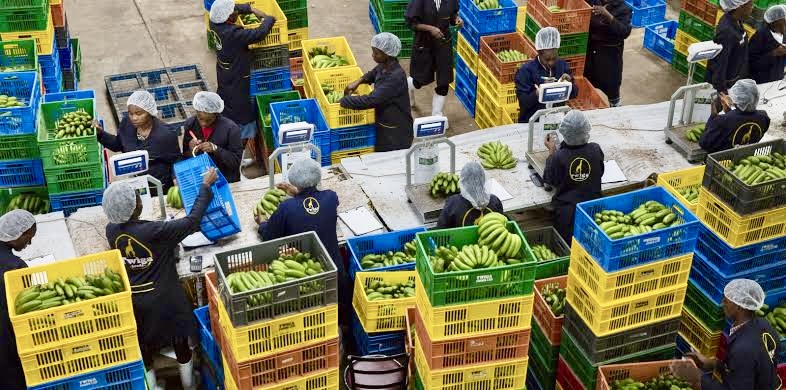Twiga Foods, once hailed as a pioneering agritech company connecting Kenyan farmers directly with merchants, is now at the centre of a major controversy following the revelation of its “Project Easter.”
Initially presented as a simple corporate restructuring on May 24, Project Easter has since been exposed as a strategic soft liquidation plan involving widespread layoffs and the creation of a new entity, “NewCo,” designed to shed liabilities and debts.
This revelation has sent shockwaves through Kenya’s agritech and startup ecosystem, raising questions about the ethics of corporate restructuring and the human cost of aggressive growth strategies.
From Innovation to Collapse: The rise and fall of Twiga Foods
Founded in 2014, Twiga Foods quickly gained acclaim and attracted over $160 million in funding from high-profile investors such as Goldman Sachs and the International Finance Corporation (IFC). The company aimed to digitise Kenya’s food supply chain by directly linking farmers with retailers, streamlining distribution and reducing food costs.
However, cracks began to show by 2023. Delayed vendor payments, unpaid salaries, and significant staff reductions became frequent. Over the next two years, layoffs intensified, signalling deeper financial and operational problems beneath the surface of Twiga’s rapid growth.
Project Easter: A soft liquidation unveiled
Leaked internal documents reveal that Project Easter is much more than a routine reorganisation. It involves dissolving the original Twiga Foods corporation and transferring assets, contracts, and a small core staff to a newly formed company, internally called NewCo.
This new entity licenses the Twiga brand and clientele but deliberately leaves behind debts, severance obligations, and costly commercial leases.
As part of this transition, operations will relocate from Tatu City to Syokimau, with supply chain functions outsourced to third-party logistics companies. The restructuring has resulted in the termination of 267 supply chain roles, with 319 out of 435 employees losing their jobs. Only a fraction of staff are expected to be rehired under NewCo, effectively preserving investor wealth while sacrificing employees and creditors.
In spite of these, Twiga’s leadership continues to deny any intention of escaping responsibilities, framing the move as a “routine corporate realignment.”
However, whistleblower testimony and internal presentations paint a different picture: a calculated strategy to liquidate liabilities under the guise of reorganisation.
Expansion Amid Crisis: Acquisitions and an asset-light model
In parallel with Project Easter, Twiga undertook an aggressive acquisition strategy in April 2025, purchasing majority stakes in three Kenyan FMCG distributors: Jumra, Sojpar, and Raisons.
This pivot expanded Twiga’s focus beyond fresh produce into broader consumer product distribution, aiming to reduce food prices and strengthen procurement networks regionally.
Insiders argue these acquisitions fit within the Project Easter framework. By consolidating operations under NewCo and shifting to an asset-light model, Twiga has eliminated overlapping functions, leading to over 300 additional job cuts mainly within supply chain roles.
Leadership changes in early 2024, with Charles Ballard replacing founder Peter Njonjo, promised a turnaround focused on efficiency and profitability. Yet ongoing layoffs and unpaid vendor bills, including a $261,000 cloud services debt pursued legally, reveal persistent cash flow challenges and instability.











